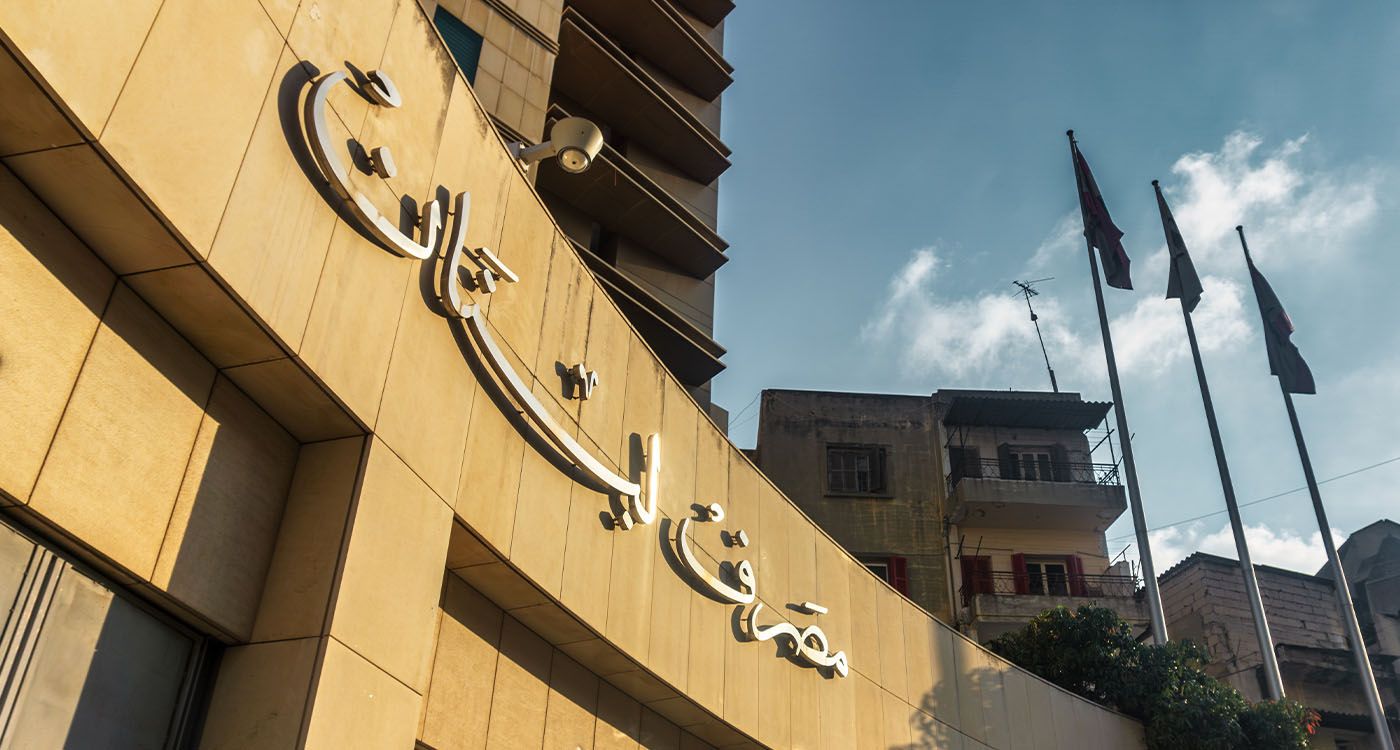
Lebanon’s economic crisis cannot be measured solely by the six years since its visible eruption in September 2019. Its roots extend much further back—to 1992 and the first government formed after the Taif Agreement. This period marked the beginning of Lebanon’s modern economic policies, shaped by the country’s financial establishment with the Central Bank (BDL) at its core. The BDL relied heavily on commercial banks, which extensively invested depositors’ funds. The result is the entrenched financial collapse Lebanon faces today.
Exiting this crisis will not happen overnight. A sustainable recovery requires transparent, comprehensive negotiations culminating in a decisive political settlement. This must be led by the President of the Republic, the Speaker of Parliament and the Prime Minister of the next government, likely to be formed after the upcoming parliamentary elections.
Recent statements attributed to BDL Governor Karim Souhaid—suggesting a possible review of debts repaid at the old official exchange rate during the period of severe currency devaluation—sparked widespread debate. Though officially denied by the Central Bank, these remarks appeared to be a calculated test of public and institutional response ahead of potential policy shifts.
It is clear that the BDL seeks to gauge reactions to the necessary financial measures ahead. Whatever their exact nature, these measures will impose significant pain on both depositors and banks.
However, these actions will not be the sole prerogative of the BDL governor. They will require legal backing—either through legislation passed by Parliament or proposals from the government—and must be formally enacted to ensure legitimacy and enforceability. Such difficult reforms cannot be introduced gradually—least of all through press leaks or unofficial statements.
Lebanon is undeniably moving toward a financial Taif Agreement: a comprehensive, internationally supported framework, championed by the nation’s top leaders. This accord will be essential to convince the Lebanese citizens of the necessity of these measures, to initiate a renewed phase of economic stimulus and to address the country’s financial and economic challenges within a fundamentally transformed reality.
For this reason, although press statements and media leaks can sometimes seem counterproductive, they remain crucial. Their role is to prepare the public for the unavoidable truth: there is no solution without pain, which will affect both citizens’ finances and the banking sector’s viability. This process must include a thorough screening of banks. When tested, institutions will either be vindicated or discredited. Banks that are neither solvent nor capable of meeting their obligations must be consolidated to ensure the system’s survival. This straightforward reality has been deferred for too long, awaiting those willing to assume responsibility.



Comments